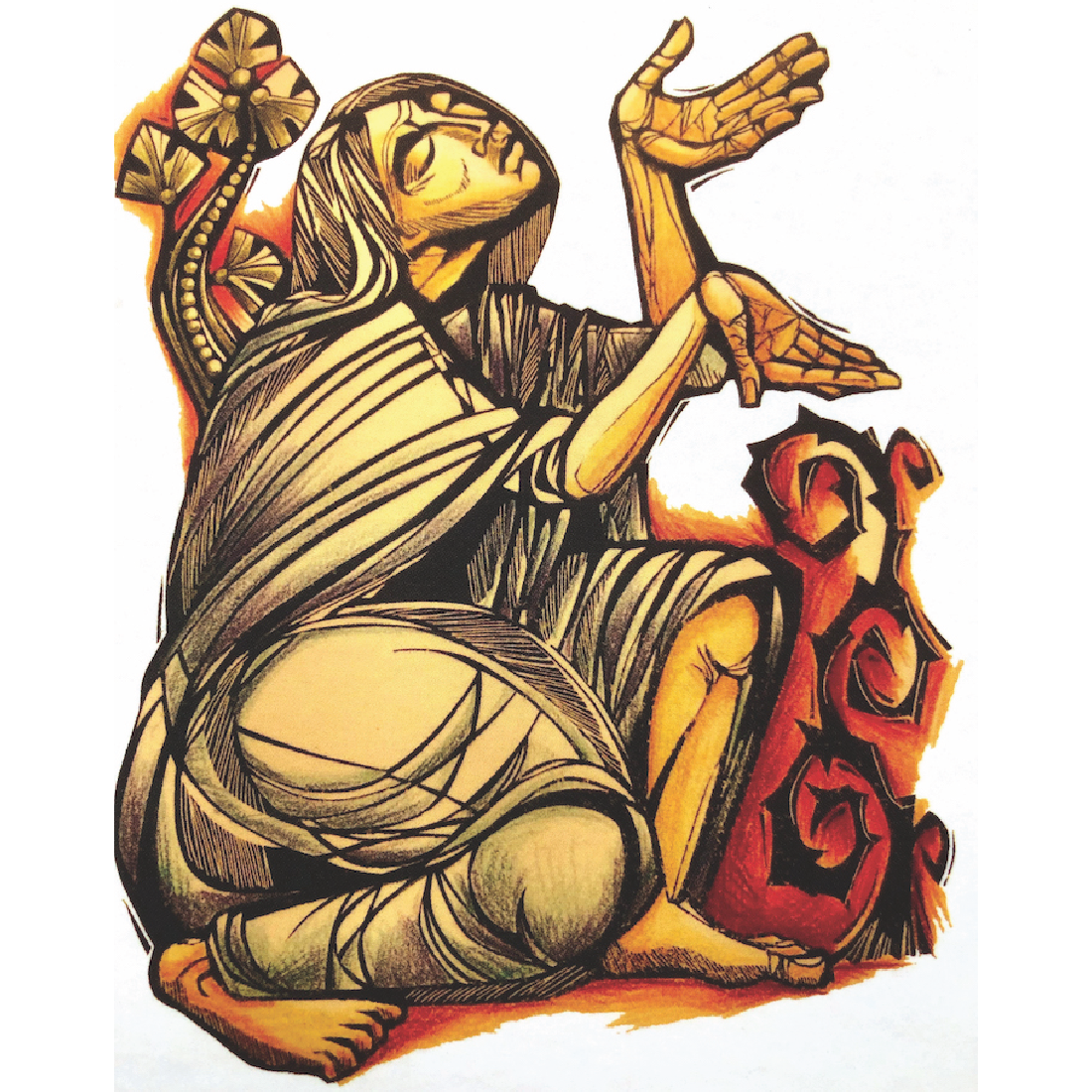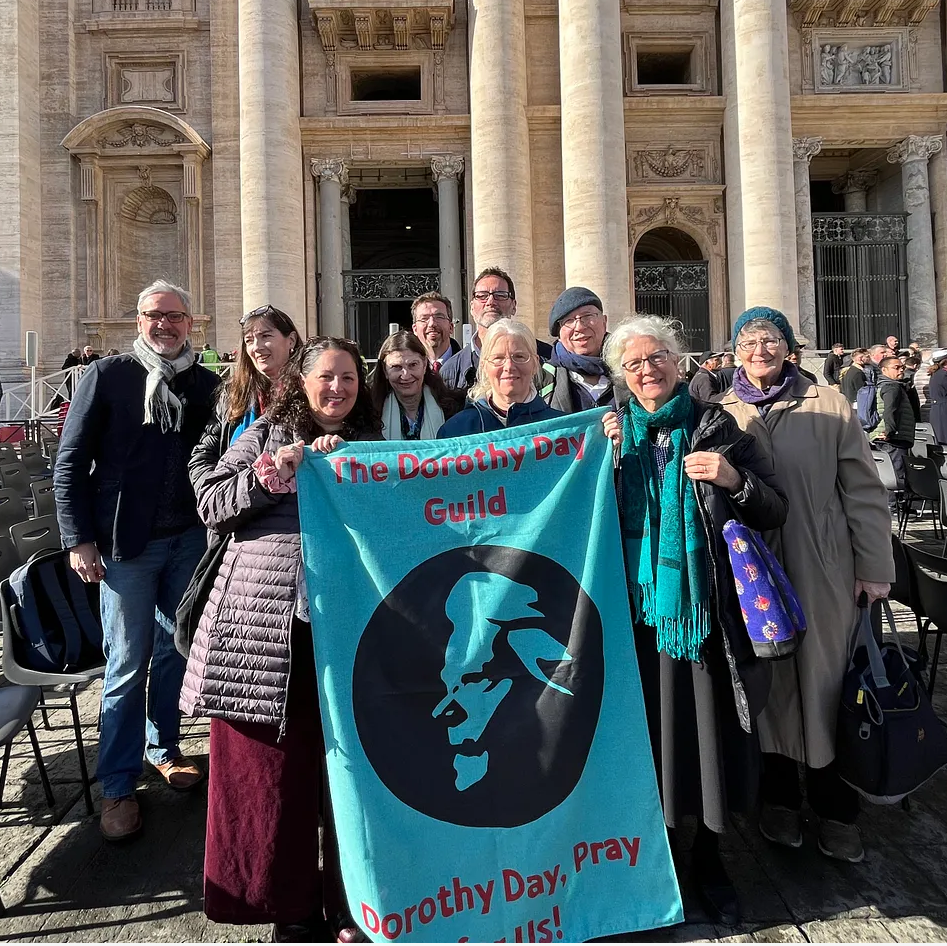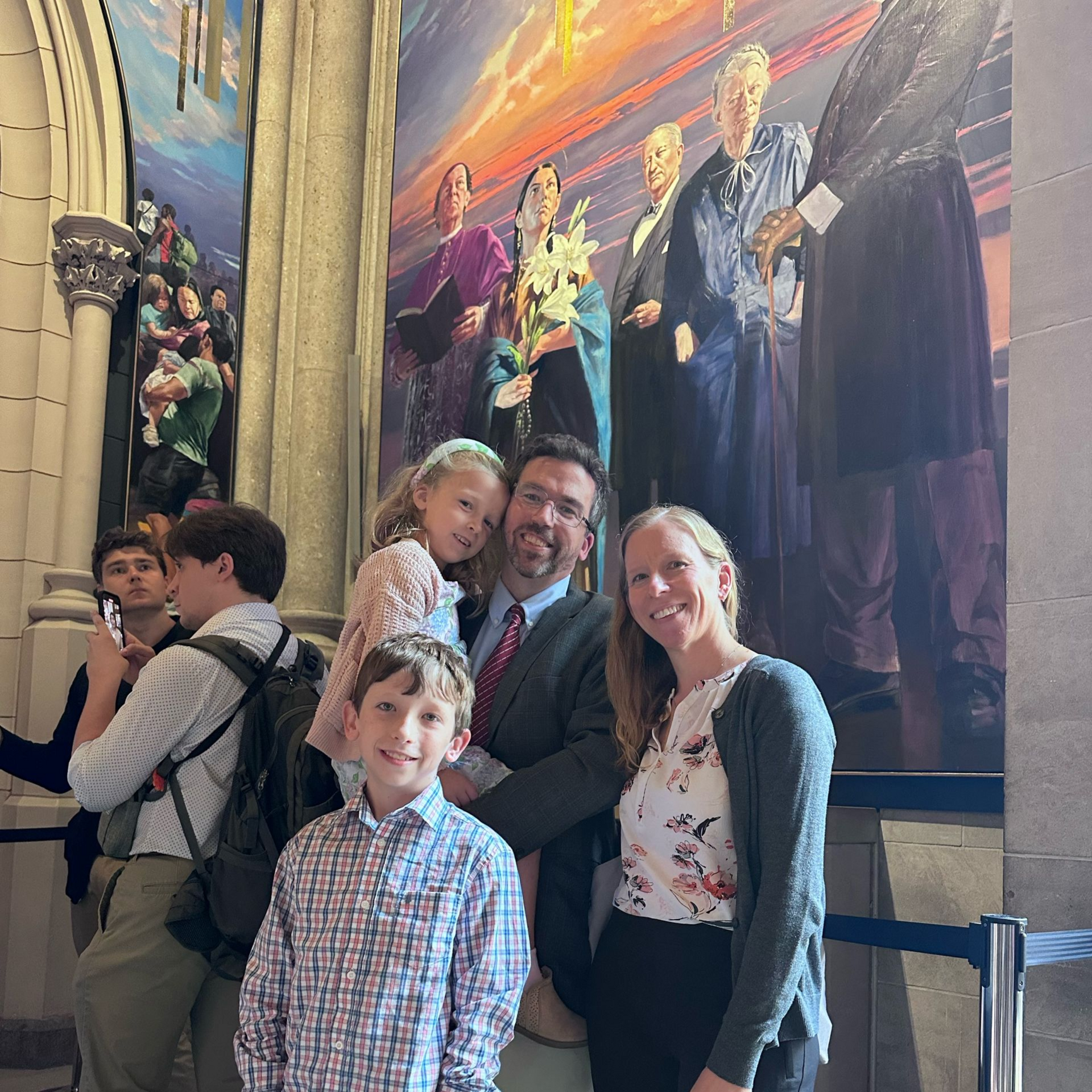By Colleen Dulle
Despite having been part of the Dorothy Day Guild’s work for the last five years, I am generally skeptical of the Catholic Church’s canonization process. I report on the Vatican for my day job, and so I receive periodic emails from the Holy See Press Office listing which saints’ causes have advanced to each stage—Servant of God, Venerable, Blessed, Saint. I’ve been struck by how many of these candidates for canonization are European, and how many are priests or nuns. It is almost a given that every religious order wants its founder canonized. What I hadn’t realized before I started reporting on this is that those religious orders don’t just have the desire to have their founders canonized; they also have the resources.






